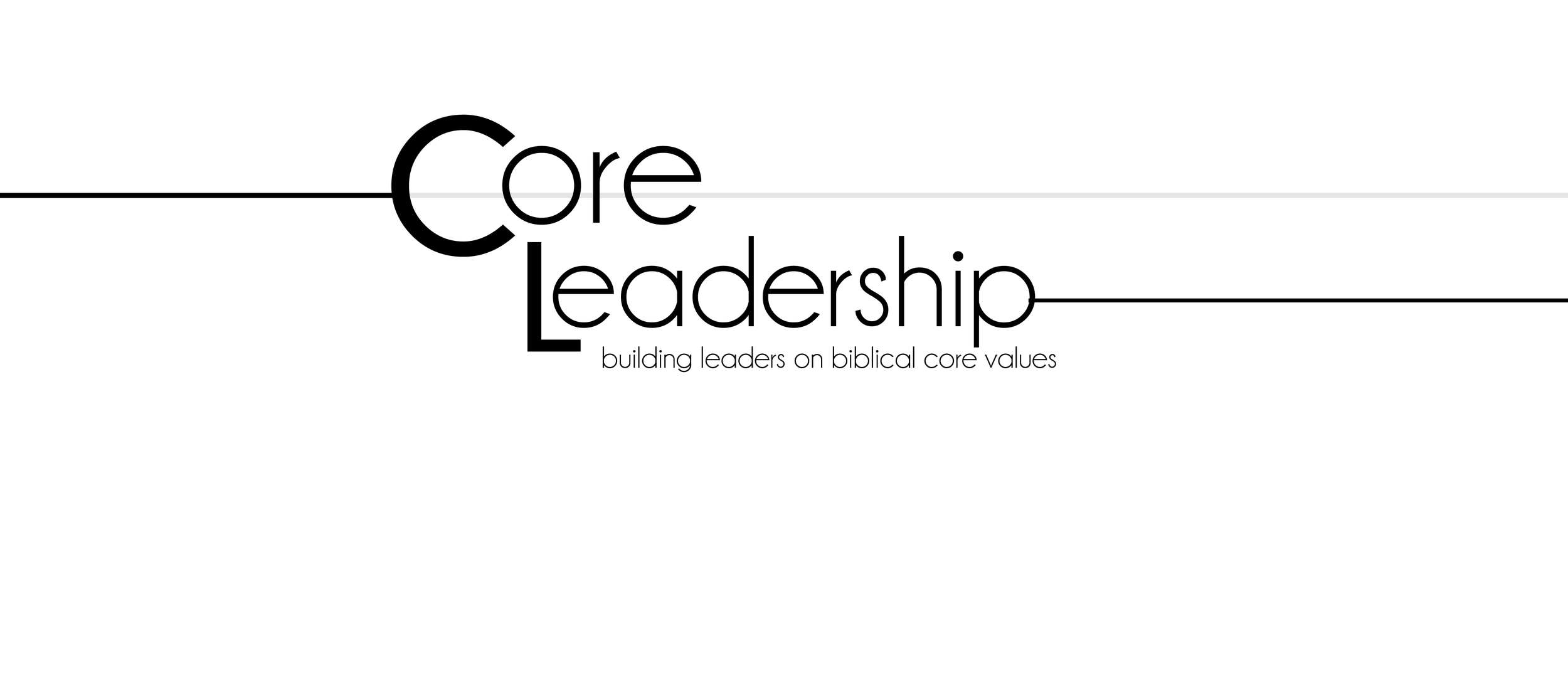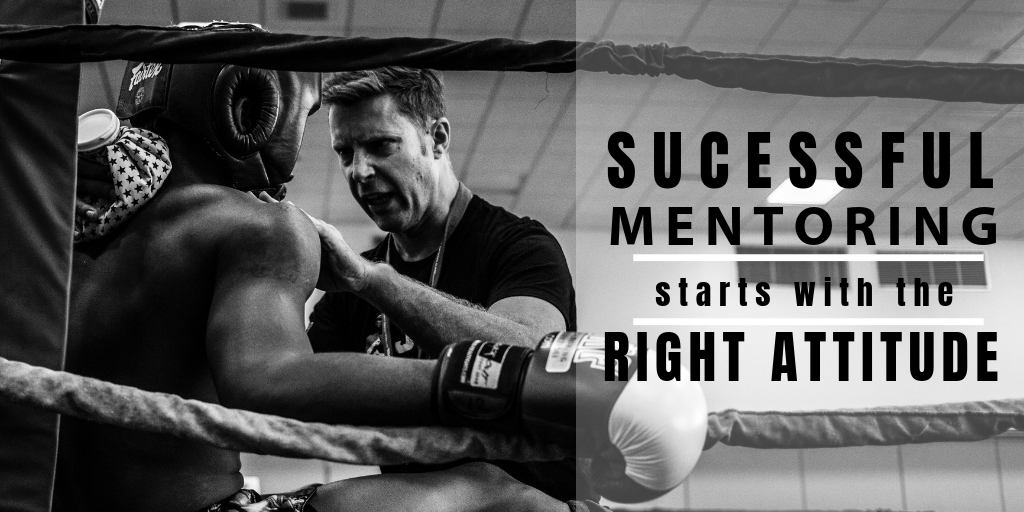
ILI Core Leadership Blog. Building Leaders on Biblical Core Values.
FIVE BEST PRACTICES OF MENTORING: THE MENTOR
Do you have what it takes to be a mentor for the younger generation? Here are five of the best practices for a good mentor.
For a true servant leader, there is no greater joy than seeing other people empowered and successful. Mentoring allows leaders to invest in the next generation by combining their experience with their mentee’s potential. When good mentoring happens, younger emerging leaders are empowered to go far beyond the experienced leader ever hoped to reach.
The Mentoring Relationship: For the Mentor
Mentoring is a relational process in which you, an experienced leader, helps a younger or less prepared leader reach his or her God-given potential. It is a unique opportunity for you to share your resources with another person, facilitating their personal development.
Two Simple Questions
If you read the companion post to this (add link to the other mentoring post), you already know that mentoring can be very simple. The whole relationship revolves around two questions the mentor asks the mentee.
1. What are your priorities (your vision)?
2. How can I help you achieve them?
Right Attitude Required
Mentoring is an investment and as such, it depends on some best practices to flourish and yield the best results. Do you want to influence your mentee’s to their fullest potential? Try the following five best practices for good mentors.
1. Be Humble. Just like the mentee, it is important to admit what you don’t know and recognize your own limitations. Your mentee knows you are not perfect and don’t have all the answers, so don’t pretend like you do.
2. Observe. Great mentors can see the potential in others. Good observation skills can spot where the greatest growth potential is and what the best opportunities are to facilitate that growth.
3. Be Patient. Assume mistakes and imperfections. Mentoring is a growth process. More growth comes through failure than from success. The best mentors allow mentees to fail forward.
4. Ask Questions. You could probably provide most answers to your mentee’s questions. However, instead of providing answers, the best mentors ask the right questions that stimulate thinking and help the mentee find their own answers.
5. Be Flexible. Remember that it is up to your mentee to set the agenda for the mentoring relationship. Help point them in the right direction and then, be flexible and adaptable to serve the needs of your mentee.
Are there younger, emerging leaders in your life? What would their leadership be if they could draw on your experience and accomplish far beyond anything you ever dreamed? You can empower the next generation of leaders by combining your present expertise with their future potential. Go out, and find an emerging leader who is looking for someone to invest in them. Then begin meeting, put these practices to the test, and you will see God do wonders in their life.
Five Best Practices for Mentoring: The Mentee
Do you have the right attitude for mentoring? Here are five practices to help you be a good mentee.
Over the course of my adult life, I had the privilege of great mentors who spoke into my life and helped shape me into the leader I am today. My mentors were older and more experienced men who shared their wisdom, anointing, and experience with me. Mentoring is a powerful tool to empower the next generation of leaders, but the impact would have been different if I had been unwilling to listen and neglected their counsel or our relationship.
The Mentoring Relationship for the Mentee
Mentoring is a relational process in which you get to observe and learn from a more experienced leader. That relationship will impart knowledge, authority, anointing, and even credibility to your own life and leadership. It will help you move from learning by trial-and-error to learning by track record, based on the experience (and even errors) of your mentor.
Two Simple Questions
Mentoring can actually be very simple. The whole relationship revolves around two questions the mentor asks the mentee.
What are your priorities (your vision)?
How can I help you achieve them?
Right Attitude Required
The success of a mentoring relationship is depending a lot on the mentee’s attitude. Do you want to make the best of your mentoring relationships? Try the following five best practices for good mentees.
Be Humble. Admit what you don’t know and recognize your own limitations. Nobody wants to mentor someone who thinks he or she knows everything. Assume the attitude of a learner. Your mentor will notice it and you will maximize your mentoring time for your benefit.
Be Prepared. Your mentor has a lot to give you, but only you know what to ask for. Anticipate the mentoring questions and bring your own list of questions and issues to discuss to every mentoring encounter.
Observe. Leadership by example is a powerful tool. If you observe your mentor’s actions and behaviors, you may learn as much (or more) from their example than from their words. Don’t be afraid to ask “debriefing” questions to probe deeper into your mentor’s motivations for behavior.
Take Notes. Don’t feel awkward about writing during your mentoring sessions. Write the answers to your questions, issues that came up, follow up discussions, etc. To really make the best of your notes, go back to them and write a more extensive narrative that will help you recall the best insights.
Apply Immediately. One of the best ways to learn a new language is to learn a small number of sentences in the new language and immediately apply them in conversation with a dozen people. One of the best ways for mentoring lessons to “stick” is to begin applying what you learned as soon as possible.
Of course, my mentors would be the judge of whether I applied these best practices when they were mentoring me or not. I’d like to believe I did, because my mentoring experience helped me grow in my faith and leadership. Having a mentor can do the same for you. Go out and find a mature leader who is willing to invest in you. Then begin meeting, put these practices to the test, and watch God do wonders in your life.
Subscribe
READY TO TRANSFORM
YOUR LEADERSHIP?
@iliteam
Archive
- Devotional
- Leadership Development
- Family Priority
- Integrity
- Self Leadership
- Visionary Leadership
- Eight Core Values
- Global Impact
- Multiplication of Leaders
- Multiplication Disciples
- Passion for the Harvest
- Relevant Evangelism
- Dare to Ask God
- Intimacy with God
- Faithful Stewardship
- Compassion
- Bold Obedience
- Coaching
- Podcast
- Meet the Leader



























Data and information are essential for knowing how effective your organization or ministry is, but knowing the right data to measure is the most important key to your success.